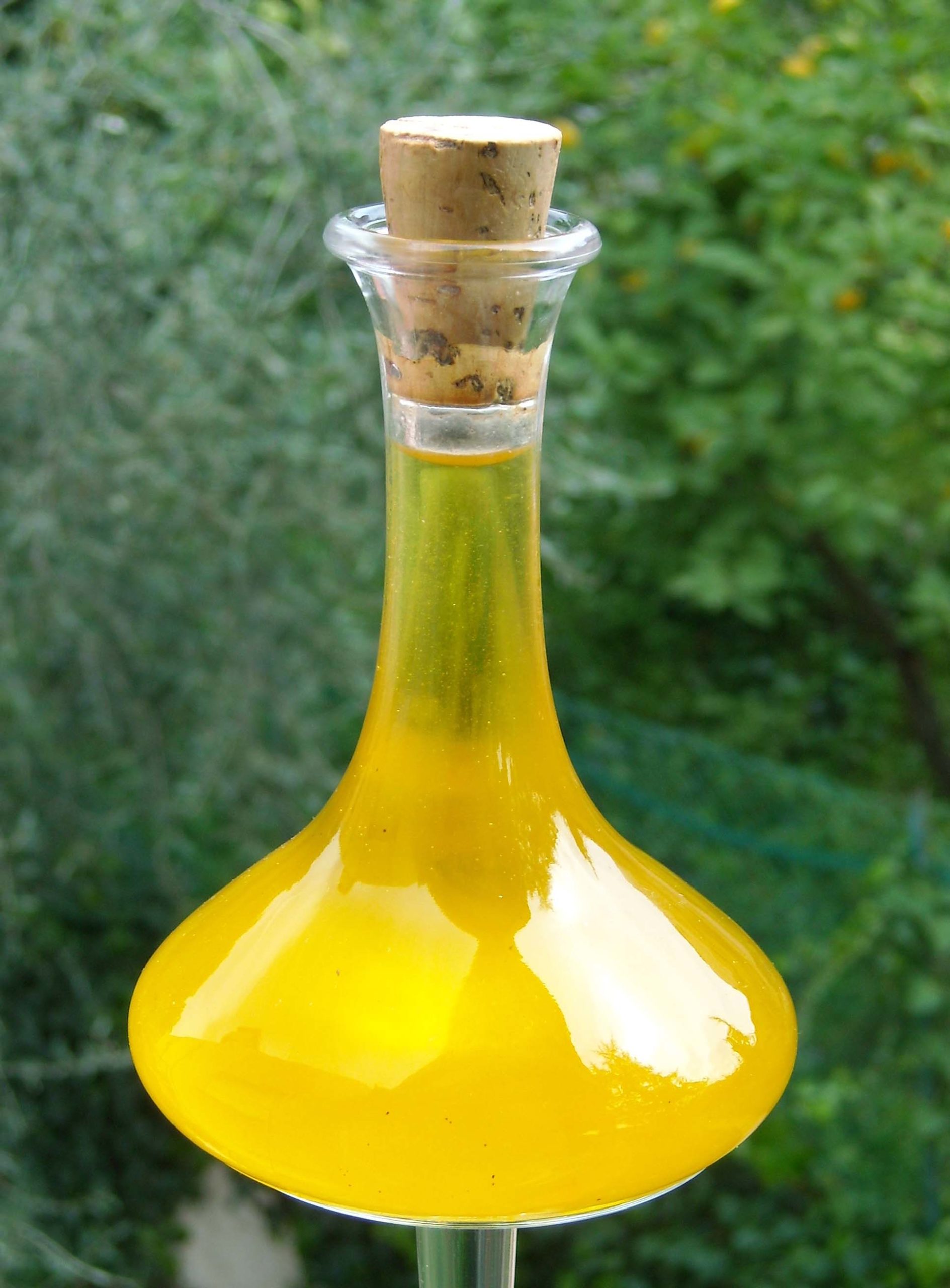



Malaysian palm oil futures dipped on Friday, followed lower-cost competing oils, although speculators profited after the contract hit an all-time high over labour shortage concerns. At the midday break, the flagship palm oil contract FCPOc3 for March delivery on the Bursa Malaysia Derivatives Exchange fell 71 ringgit, or 1.38 per cent, to 5,090 ringgit ($1,218.14) a tonne. It, too, dropped 0.7 per cent overnight but appeared to be on track for a weekly gain.
The most active soyoil contract in Dalian, DBYcv1, fell 1%, while the palm oil contract, DCPcv1, down 0.7 percent. On the Chicago Board of Trade BOcv1, soyoil prices were down 1.3 percent. Palm oil is influenced by price changes in similar oils, which compete for a piece of the worldwide vegetable oil market. The Malaysian Biodiesel Association, speaking at the same conference, advised industry authorities to accept a steady reduction in imports of palm-based biofuels in the European Union as part of the EU’s decarbonisation goal, with Malaysia’s shipments in 2022 reaching their lowest level in five years. Palm oil is expected to test a support level of 5,094 ringgit per tonne, with a break below that level opening the door to 5,001 ringgit, according to Reuters technical analyst Wang Tao.
Malaysian palm oil futures firmed on Wednesday, completing a three-day rise, as industry estimates suggested a sharp reduction in production. During early activity on the Bursa Malaysia Derivatives Exchange, the benchmark palm oil contract FCPOc3 for March delivery rose 36 ringgit, or 0.71 percent, to 5,105 ringgit ($1,221.29) a tonnes. Overnight, it had risen 0.53 per cent. Traders reported on Tuesday that production for the week of January 1-10 was down 32% from the same week in December, according to the Southern Peninsula Palm Oil Millers’ Association (SPPOMA). According to Indonesia’s weather service, BMKG, higher-than-normal rainfall is anticipated to remain this year, though the volume will be lower than in 2021.
It should be noted that palm oil is influenced by price changes in similar oils, which compete for a piece of the worldwide vegetable oil market. According to Reuters’ technical analyst Wang Tao, palm oil may test a support level of 5,002 ringgit per tonne, with a break below that level opening the road to 4,927 ringgit.